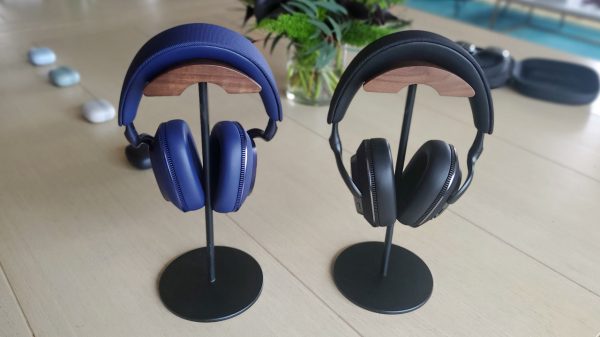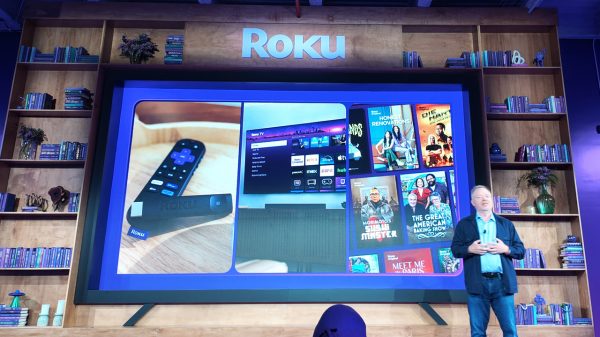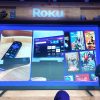Text-Message and Per-Minute Rates Decreased Significantly, Verizon Says
Citing “an explosion” in the number and variety of smart phones, data air cards, applications and services, as well as high and ever-increasing levels of consumer satisfaction, a senior Verizon executive told Congress Tuesday (June 16) that U.S. consumers are enjoying more for less in today’s vibrantly competitive marketplace for wireless services.
Randal Milch, Verizon executive vice president and general counsel, also said that U.S. wireless consumers enjoy the lowest overall prices per minute of 26 countries that are members of the Organization for Economic Cooperation and Development, use the most minutes per month, and benefit from the most competitive market of any of those countries.
“Wireless innovation is breathtaking, investment has been massive, and prices have relentlessly decreased overall,” Milch said.
That is particularly the case for cell phone text-messaging rates, which have decreased to an average of 1 cent per message, he said.
His comments came in testimony before the Senate Subcommittee on Antitrust, Competition Policy, and Consumer Rights at a hearing titled, Cell Phone Text Messaging Rate Increases and the State of Competition in the Wireless Market.
“The title of today’s hearing might lead one to believe that wireless carriers have been increasing text-messaging rates, and that text-messaging pricing trends bear on the level of competition in the industry overall,” Milch told senators. “Let me respectfully suggest that since the evidence shows that text-messaging prices have been decreasing rapidly, not increasing, text-messaging pricing trends show — consistent with all other market evidence — that competition in the wireless industry remains vibrant.”
Milch said most Verizon Wireless customers “pay less than a penny per message,” a reduction of almost two-thirds since 2006, and that almost all choose to purchase various “buckets of minutes” to obtain the best prices for their levels of usage. He said customers are notified, even in the middle of the billing cycle, if they would benefit more under a different plan.
“As the result of the price cuts, usage has grown six-fold,” he said.
Milch dismissed as “absolutely false” contentions of some class-action attorneys that the industry had improperly set rates, saying that “market evidence shows fierce competition, not collusion, in text messaging and wireless generally.” He said prices vary widely among the many providers of text-messaging services for both per-message and bundled plan usage, and that “differences in pricing outnumber any similarities.”
Bundled plans cover more than 99 percent of all text messages sent, he said.
Milch said the $233 billion invested by Verizon and others in the wireless industry through June 2007 is “evidence of fierce competition to offer customers better-quality, higher-speed data services, and new or improved technologies such as GPS, video, music, picture messaging and many other services.”
The Verizon executive said that investment, combined with light regulation, is resulting in more jobs and productivity, as well as increased choice and customer satisfaction.
“The wireless industry is a great success story,” Milch said. “And I urge Congress to let it remain one.”
Milch noted that a leading consumer magazine, for the last several years in a row, has given Verizon Wireless the highest service quality rating among all wireless carriers. Similarly, the American Consumer Satisfaction Index issued a news release last month saying that “customer satisfaction with wireless telephone service reached a new all-time high for the third consecutive year.” The release noted that “Verizon Wireless jumped 3 percent… to continue its lead over the industry.”
Verizon Communications Inc. (NYSE: VZ) , headquartered in New York, is a global leader in delivering broadband and other wireless and wireline communications services to mass market, business, government and wholesale customers. Verizon Wireless operates America’s most reliable wireless network, serving more than 86 million customers nationwide. Verizon’s Wireline operations provide converged communications, information and entertainment services over the nation’s most advanced fiber-optic network. Wireline also includes Verizon Business, which delivers innovative and seamless business solutions to customers around the world. A Dow 30 company, Verizon employs a diverse workforce of more than 237,000 and last year generated consolidated operating revenues of more than $97 billion.























